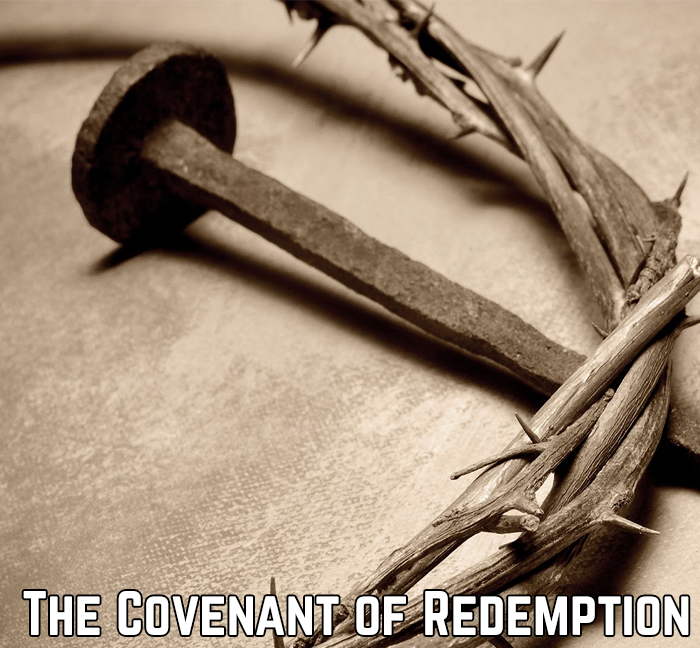Christ is not only the Savior of the world (John 4:42; 1 John 4:14), but He is also its righteous Judge. The Lord Jesus will come in vengeance toward those who have not obeyed the gospel and demand from them an account for every sin and transgression of His Law (2 Thess. 1). The Bible tells us that the Lord Jesus will judge both the living and the dead (2 Tim. 4:1). Both believer and unbeliever will stand before Him, everyone must give an account (Acts 10:42; Matt. 25:31-46; John 5:22-23; Rom. 2:5, 16;14:9-10; 1 Cor. 4:5; 2 Cor. 5:10; 2 Tim. 4:1). See Chapter 32.
Some may object that only God can judge and God is the judge, but then how could Christ be the judge? Well...the simple answer is because He is God. Only God can judge and furthermore, the Father has appointed and wants the Son to be the judge so that people will honor and worship the Son just as they honor and worship the Father, thus showing His full divinity and equality with the Father—
John 5:22-23 The Father judges no one, but has given all judgment to the Son, 23 that all may honor the Son, just as they honor the Father. Whoever does not honor the Son does not honor the Father who sent him.
He is our Savior also. On the day that He will come, the believers will not be condemned by Him, but hear the words of commendation and the words of love—
Matt. 25:34 Then the King will say to those on his right, ‘Come, you who are blessed by my Father, inherit the kingdom prepared for you from the foundation of the world.
But those who will stand on his left will be righteously judged according to the fruit of their hearts—their works, and be condemned by Him to the flames of Hell—
Matt. 25:41 “Then he will say to those on his left, ‘Depart from me, you cursed, into the eternal fire prepared for the devil and his angels.
It is a terrifying thing to fall into the hands of the living God (Heb. 10:31) and to stand before Him Who can see you as you are (Rom. 2:16) and require an account of everything (Matt. 12:36).
Dear reader, do not face the Lord in judgment while today is the day of salvation. Repent, therefore, and place your trust in the Lord Jesus Christ and His righteousness alone so that when He comes you will not be terrified, but rejoice with the saints and not be taken away by judgment—
2 Thess. 1:9-10 They will suffer the punishment of eternal destruction, away from the presence of the Lord and from the glory of his might, 10 when he comes on that day to be glorified in his saints, and to be marveled at among all who have believed, because our testimony to you was believed.
Christ’s Seed
The Bible does not speak of the Messiah being married to a woman nor are any references in the New Testament which suggest such an idea. But the Bible does refer a few times to Christ’s “offspring” or “children.” Obviously, those are His church—the believers. The first reference that we will look at occurs in the great Messianic Servant song in Isaiah 53. There we read—
Isa. 53:10 Yet it was the will of the LORD to crush him; he has put him to grief; when his soul makes an offering for guilt, he shall see his offspring; he shall prolong his days; the will of the LORD shall prosper in his hand.
Here Isaiah speaks of the Messiah’s death and then of His resurrection. Yahweh willed and was pleased to crush His Servant and He has made Him an offering for guilt—an atonement for sin, indeed. Yet even through His distress and death, the Servant will b...










